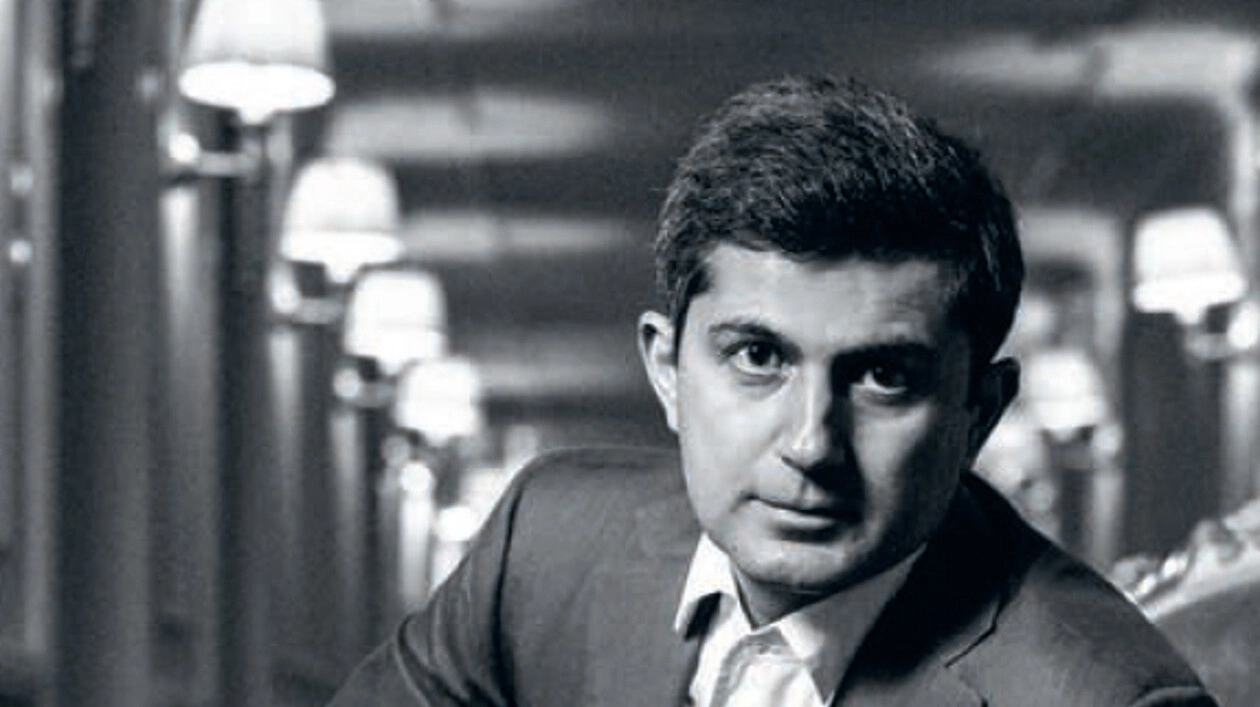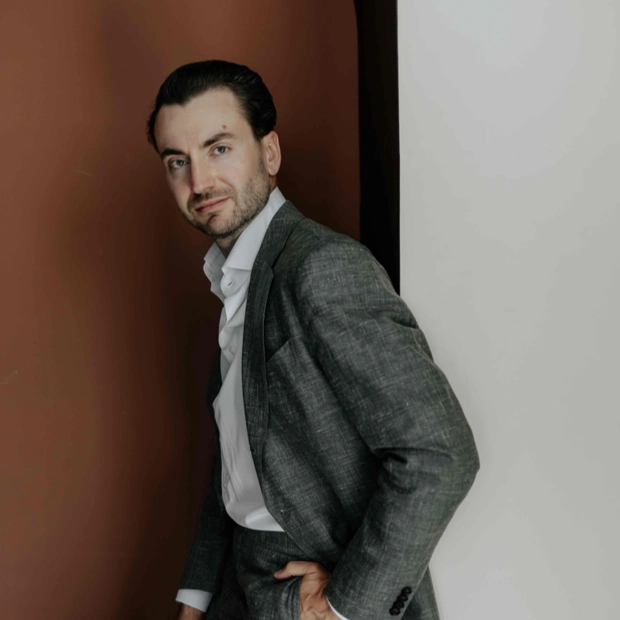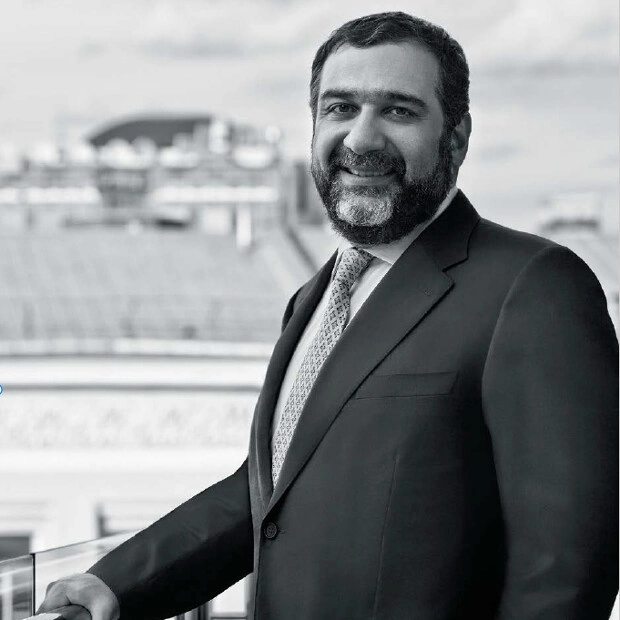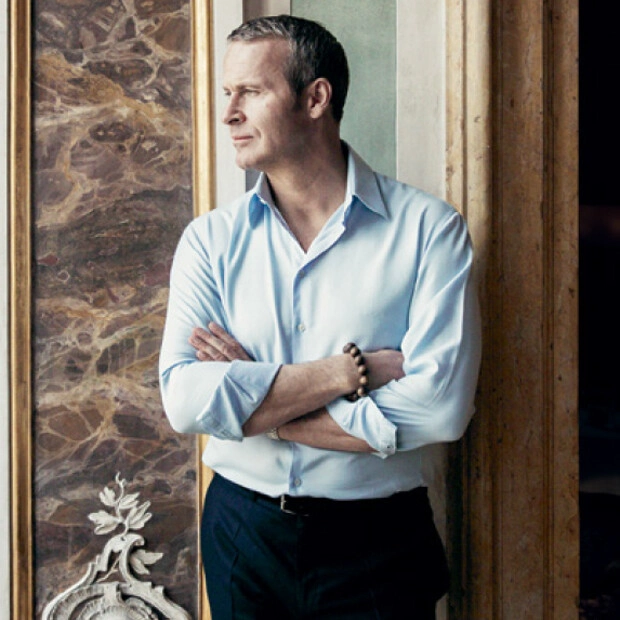Happy is the one ...
“Love prevails over laws, Mercy prevails over entitlement, Surpassing justice is forgiveness. Applying such principles allows us to stay human”, - said Evgenyi Pavlovich Leonov.
In the thirteenth century, a Tajik philosopher and poet praised appealing to God, the Universe and the soul. He was born in Balkh and died in Konya. His sayings persist all around the world and his philosophy is preserved in the hearts of his followers. Our regular columnist Khofiz Shahidi, Chairman of the Board of Alif Bank, talks about the transformation of the teachings of the great Sufi in the perception of his descendants, our contemporaries.
Jalal ad-Din Muhammad Rumi, great Sufi poet originally from Tajikistan, once wrote: “My religion is love. Every heart is my temple”. Initially there was no mosque, church, synagogue or pagoda but an altar to which people came to pray. They had no need for a mediator between them and the God. For me, just like for Rumi, a spiritual, inner altar is a symbol of true faith - a symbol of love.
I am a Muslim and I see Islam as a culture, not only a religion, but a culture that has brought together many people who speak various languages. We can speak about European, Arab, Mediterranean, Central Asian, and other cultures, and they are superior to religions to the extent that an altar is more significant than a temple. And looking at all that, Love is paramount.
Stereotypes prevail in today's world. However, love has the power to shatter any of them. One day I bought a good video camera and asked a childhood friend to fly in from Sweden and just drive through our beautiful mountain villages to capture and show the world the people and life there. At the moment when a photographer takes a picture, magic happens: the person in front of the camera can be read like an open book. The face reveals more information than a biographer could write. The people who live in those areas are extraordinary. They are surrounded by majestic and frightful mountain landscapes and feel the frailty of human existence more acutely than anyone else. This is the place where Rumi’s phrase was born: “This world is the mountain, and our action the shout: the echo of the shouts comes back to us.” Even the humblest peasant becomes a philosopher there; this tendency is nurtured by a deliberate and unhurried lifestyle. The feeling of frailty of human life and its transience is amplified by the history of Tajikistan's disasters when century-old rocks collapsed and covered entire settlements. For the people who live here, the mountains are their altar, and each glance at them is a said prayer.
We were driven by love, my childhood friend and me, so we succeeded in doing what we set out to do, to tell the world about our homeland in a colourful and accessible form, to shatter stereotypes through creativity. The taken pictures were exhibited and this event was a great success, confirming the words of the Lebanese-American philosopher Gibran Kahlil Gibran: “Beauty shines brighter in the heart of him who longs for it than in the eyes of him who sees it”.
My father, composer Tolib Shahidi, is a representative of the creative intellectuals world, a musician. All through his life, he brings music, the main language of love, to people. I believe that he succeeded in realizing his creative potential mainly thanks to the country, which unfortunately no longer exists - the USSR. The Soviet culture existed as the most noteworthy in the paradigm of world cultures: proper music education, art and theatre schools.
My children are the proof that Soviet animation was one of the best in the world. There are plenty of modern cartoons and shows, but my four-year-old daughter demands that I switch on “Winnie the Pooh” and “The Bremen Town Musicians” for her.
Soviet actors were for us the embodiment of romance and kindness: Leonov, who was the voice of Winnie the Pooh; Mironov, Vysotsky - the most talented people who conveyed the culture of love through their art. That is the religion, the God, and the Temple. The poignant “Red-Yellow Days” by Victor Tsoi, a talented musician and poet who passed away prematurely: “And I dreamt that the world’s ruled by love. And I dreamt that the world's ruled by dreams”.
I wish that the romance and love that has existed between ordinary Soviet people would never disappear. I would like to see no emphasis on religion, no focus on the temple. It is the love to each other, to our children, to our work, to our cause, was our altar. A great Soviet comedy called Office Romance starring Alisa Freindlich and Andrey Myagkov was made by Eldar Ryazanov. This movie in two episodes was for me the best reflection of the relationship between a man and a woman in a society with prevailing culture of love. Despite the difference in carrier status, the main characters fall in love with each other and build a family, and there is always an atmosphere of romance, humour and kindness around them. This was the atmosphere in my parents’ house. Our parents' relationship is a vital role model for us, a derivative of the culture of love.
We see a completely different pattern in the Western society: men and women are opposed to each other - reminding me of endless gender wars. Big scandals and divorces happen every day, discussions around what the wife succeeded in getting from her husband, and how the children were split. Such things were not common in the Soviet times: marriages were solid, people lived all their lives together. A society that has a culture of love can be at the forefront of human development.
What is a pity is that the Soviet Union was “destroyed because of a pretty wrapping”, as my father once said. However, the cult of money, genetically modified foods and antibiotic-filled American chicken have arrived in that beautiful wrapping. These things were all brought to a country where previously there was organic food everywhere. Fifteen varieties of apples and about as many kinds of apricots and peaches were cultivated in the Tadjik SSR. The globalised world has arrived bringing its own rules that are far from optimal. Yet it is not by chance that today we are witnessing a shift away from globalization towards national interests, both in the West and in the East.
The cult of money prevails in the Western society, which I would oppose to the culture of love. The temple, religion, and money are vessels, not always filled with the right content. Altar, Love and Creativity are their opposites and constitute a deeper meaning. Life is nothing without love, and happy is the one who can follow Rumi's advice:
Love is the water of life,
Drink it down with heart and soul.






